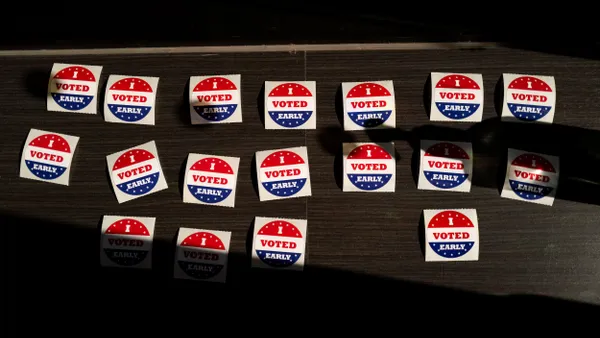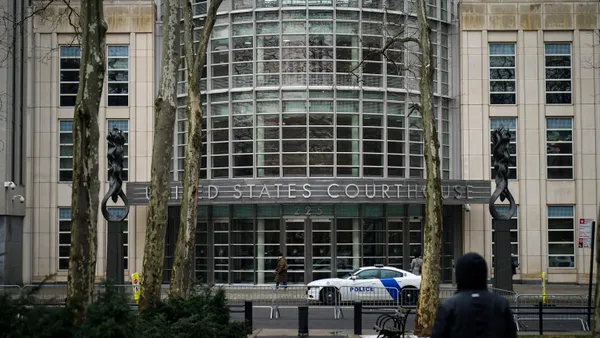Dive Brief:
- California Gov. Gavin Newsom vetoed Oct. 7 a bill passed by the state legislature that would have banned discrimination on the basis of a person’s ancestry, including caste.
- With Senate Bill No. 403, lawmakers proposed to add caste — defined as “an individual’s perceived position in a system of social stratification on the basis of inherited status” — to the list of characteristics protected by state anti-discrimination law. Caste is one of several characteristics that would have been included under ancestry, such as lineal descent, heritage, parentage or inherited social status.
- Newsom wrote that SB 403 was “unnecessary,” adding that California civil rights protections “shall be liberally construed” and that caste is already protected under existing laws. “For this reason, I cannot sign this bill,” Newsom wrote.
Dive Insight:
Newsom’s veto signals an end, for the time being, to a controversial bill that would have made California the first U.S. state to ban caste discrimination. Advocates participated in demonstrations in anticipation of SB 403’s passage, with one group holding a hunger strike that lasted for more than 30 days.
A statement from the Hindu American Foundation, which opposed the bill, called the governor’s decision “a victory for the civil rights of all Californians,” arguing that the bill “would have put a target on hundreds of thousands of Californians simply because of their ethnicity or religious identity, as well as create a slippery slope of facially discriminatory laws.”
Conversely, a statement from civil rights organization Equity Labs called Newsom’s veto “heartbreaking” while also terming the moment a “win” for the caste equity movement.
“The bill’s overwhelmingly positive trajectory is a manifestation of the enduring power of the intersectional organizing of the California Coalition for Caste Equity which empowered hundreds of organization intersectional grassroots organizers, civil rights leaders, legal scholars, Ravidassia community members, and workers’ rights groups from across California,” Equity Labs said.
While California’s effort faltered, other jurisdictions on the Pacific coast moved forward with their own caste discrimination bans. Seattle became the first U.S. city to ban caste discrimination when the city council approved a law to that effect in February. Last month, the California city of Fresno passed a similar ordinance.















